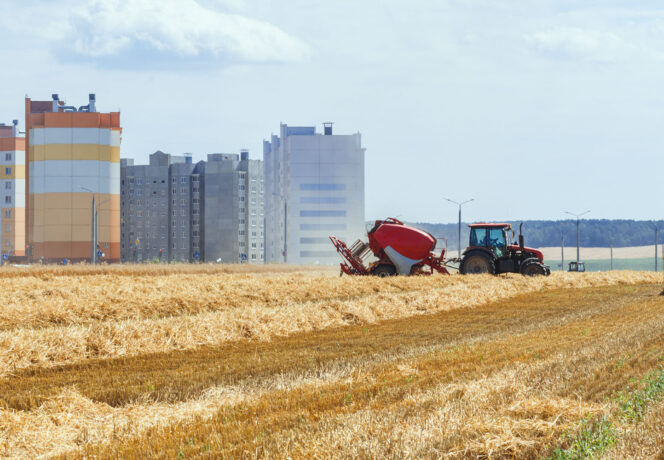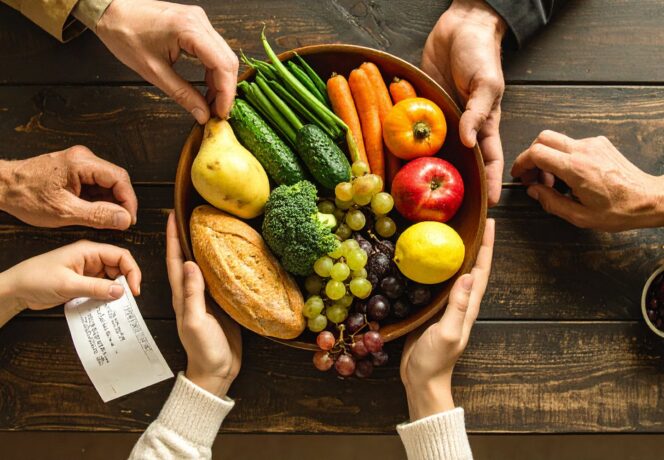
Consensus and Dissension with Respect to Agricultural Policy Goals
A study conducted by Agroscope and ETH Zurich surveyed the opinions of both farmers and the rest of the population with respect to agricultural policy goals, revealing both shared and divergent views.



























